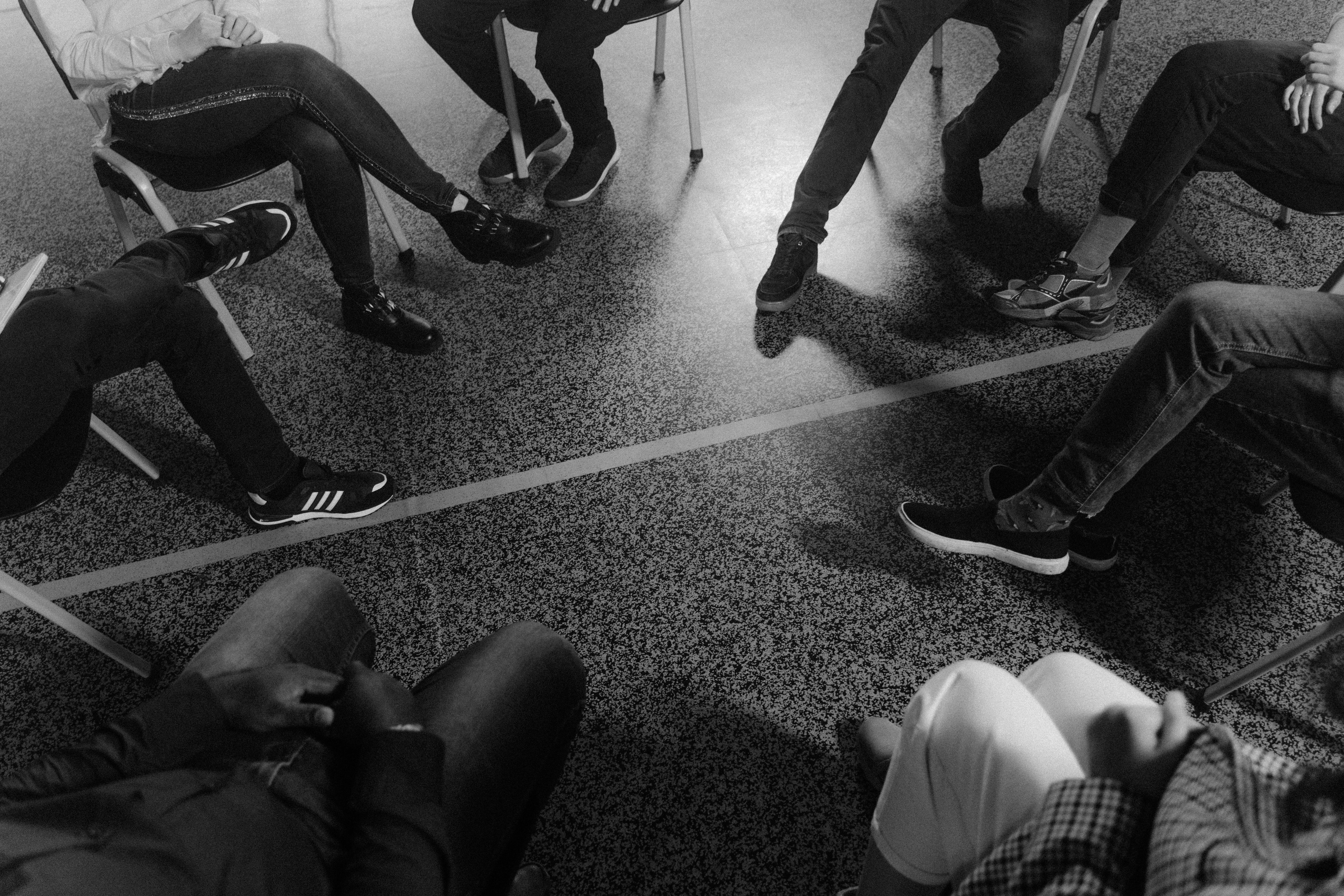Men have trouble asking for help and calling a coach is asking for help. It’s a new field and people don’t know much about it. Coaching is good for men because it is in the comfort of home; it is private. However, the men don’t call the coaches until they have a crisis. Men often call a coach when they are about to get divorced. They are not good at picking up signals from a wife that she is tired of the marriage. They are often in shock at what is happening.
In parenting coaching, some clients will come in with a crisis. Some situation is imploding. How does a divorced dad talk to her son? A mother calls to say that her son wants to drop out of high school and join the Navy, and she doesn’t like the idea.
Sometimes the crisis is discreet, but it is still immediate and important to the client. For example, a child needs to be potty trained within a few weeks or else he or she will not be accepted into day care.
Both clients want HELP! Both scenarios will impact your coaching process and relationship with your client. If the client is not in crisis, he will be able to configure his coaching sessions in a more fluid way. If the client is in crisis, the focus of your first few sessions will be helping the client through the difficult time and then establishing a working coaching relationship.
Let the client speak it.
In this case, you have to let your client do the talking. You have to listen. You have to listen actively, but with feeling, to your client. Take note. Listen to your customer’s concerns. Be aware of what the client is saying and what he is omitting. Do not interrupt. Contain yourself. Let the customer speak. Your customer may be extremely upset and emotional. It’s okay. Stay in the role of a listener. You may be tempted to jump in with lots of tips and practical information, but it’s best to stop and listen.
When a client is upset and vulnerable, it may be tempting to take ownership of the problem. At this point, remember that you are coming from a coaching perspective, not a therapeutic perspective. You are a coach and as such you believe that:
1. This client is a person of integrity, healthy and full of resources.
2. This customer has the internal resources to handle this problem.
Allow the person to talk about what is bothering them. Ask questions so you really understand what’s going on. The first session can be all about letting the client tell their story and vent their emotions. You can talk very little.
If a problem is really important and life changing, you may need to refer your client for psychotherapy. You and the client may need more than one session to determine if you should continue coaching. If necessary, schedule more than one session per week in the first few weeks of training. The goal of your work will be to calm the person down and determine how you, as a coach, can work with the person’s strengths to bring them out of crisis mode. After a few sessions, the crisis may continue, but the client should feel more in control of her life.



